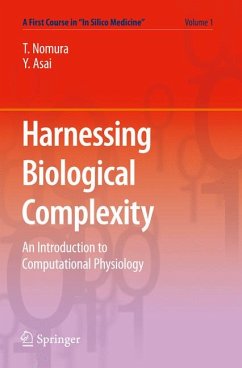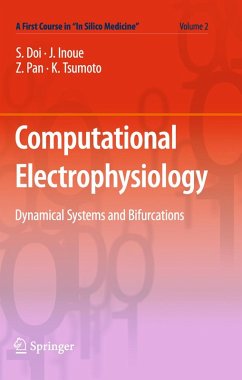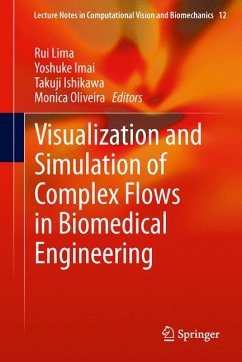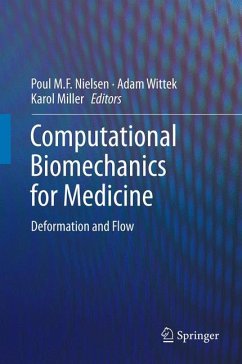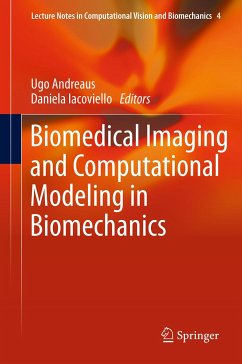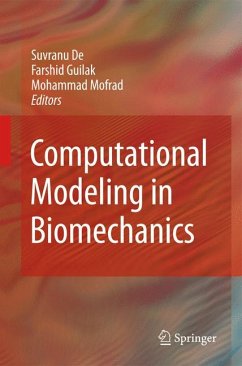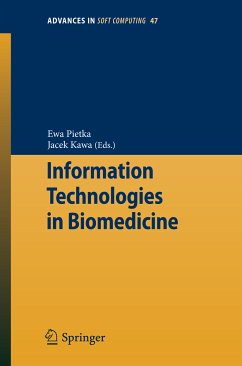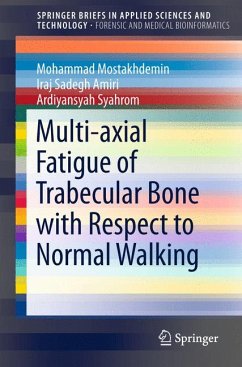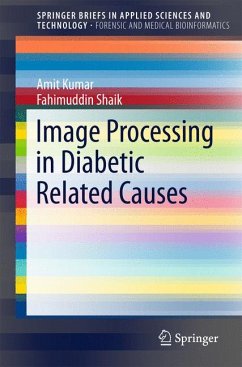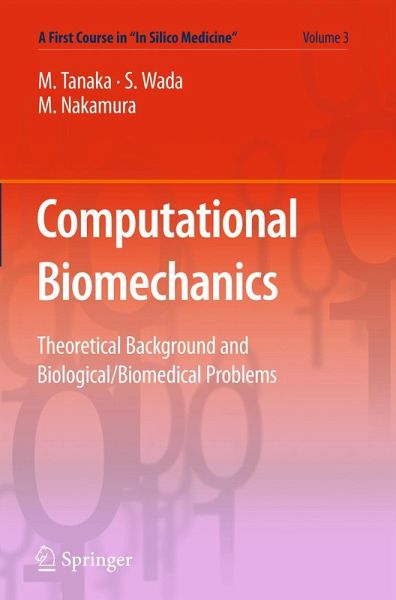
Computational Biomechanics (eBook, PDF)
Theoretical Background and Biological/Biomedical Problems
Versandkostenfrei!
Sofort per Download lieferbar
40,95 €
inkl. MwSt.
Weitere Ausgaben:

PAYBACK Punkte
20 °P sammeln!
Rapid developments have taken place in biological/biomedical measurement and imaging technologies as well as in computer analysis and information technologies. The increase in data obtained with such technologies invites the reader into a virtual world that represents realistic biological tissue or organ structures in digital form and allows for simulation and what is called "in silico medicine." This volume is the third in a textbook series and covers both the basics of continuum mechanics of biosolids and biofluids and the theoretical core of computational methods for continuum mechanics ana...
Rapid developments have taken place in biological/biomedical measurement and imaging technologies as well as in computer analysis and information technologies. The increase in data obtained with such technologies invites the reader into a virtual world that represents realistic biological tissue or organ structures in digital form and allows for simulation and what is called "in silico medicine." This volume is the third in a textbook series and covers both the basics of continuum mechanics of biosolids and biofluids and the theoretical core of computational methods for continuum mechanics analyses. Several biomechanics problems are provided for better understanding of computational modeling and analysis. Topics include the mechanics of solid and fluid bodies, fundamental characteristics of biosolids and biofluids, computational methods in biomechanics analysis/simulation, practical problems in orthopedic biomechanics, dental biomechanics, ophthalmic biomechanics, cardiovascular biomechanics, hemodynamics, cell mechanics, and model-, rule-, and image-based methods in computational biomechanics analysis and simulation. The book is an excellent resource for graduate school-level engineering students and young researchers in bioengineering and biomedicine.
Dieser Download kann aus rechtlichen Gründen nur mit Rechnungsadresse in A, B, BG, CY, CZ, D, DK, EW, E, FIN, F, GR, HR, H, IRL, I, LT, L, LR, M, NL, PL, P, R, S, SLO, SK ausgeliefert werden.




